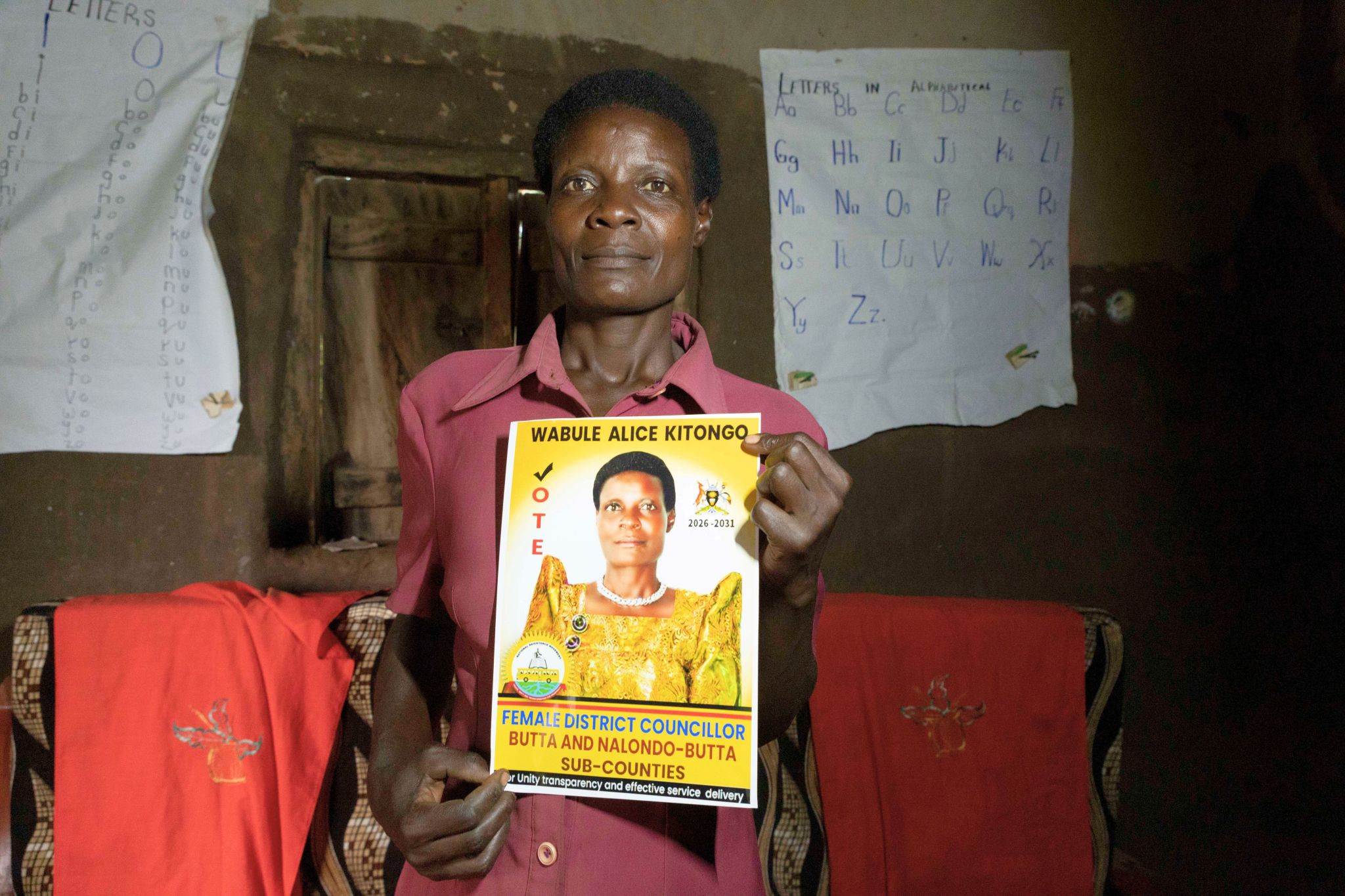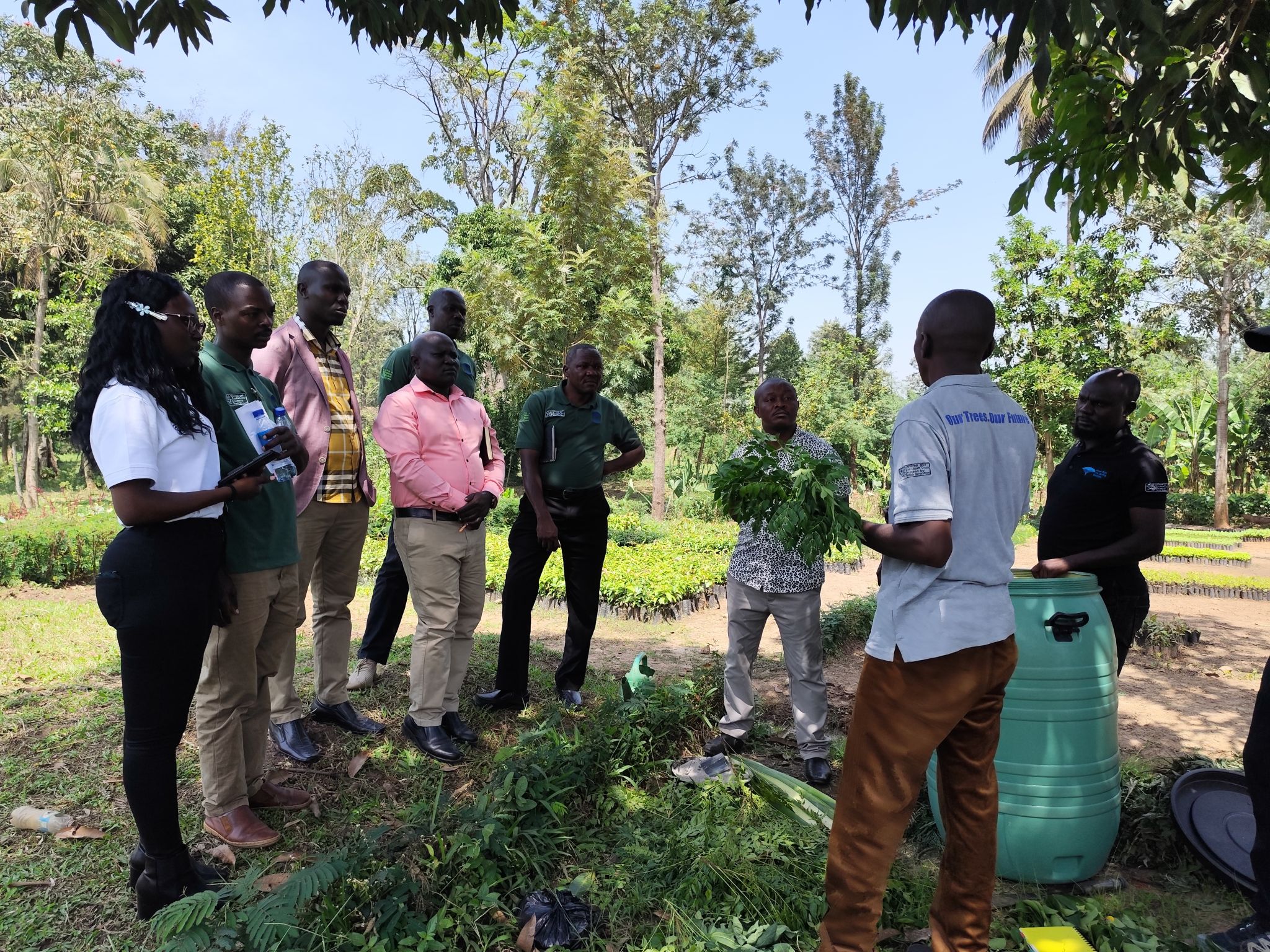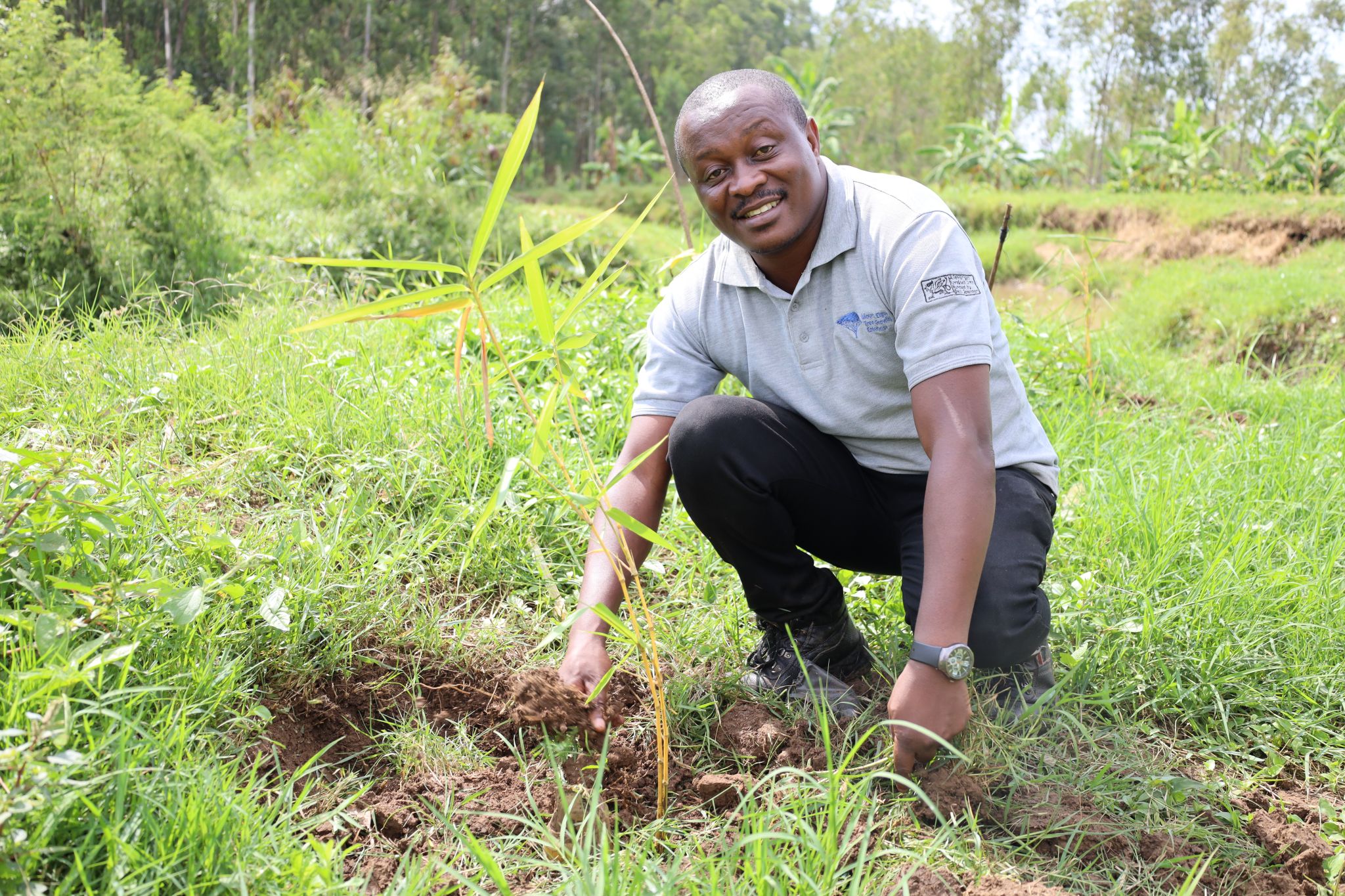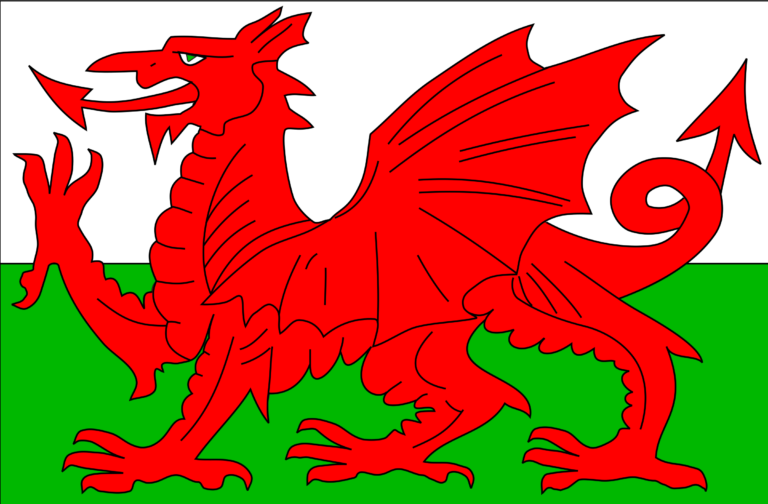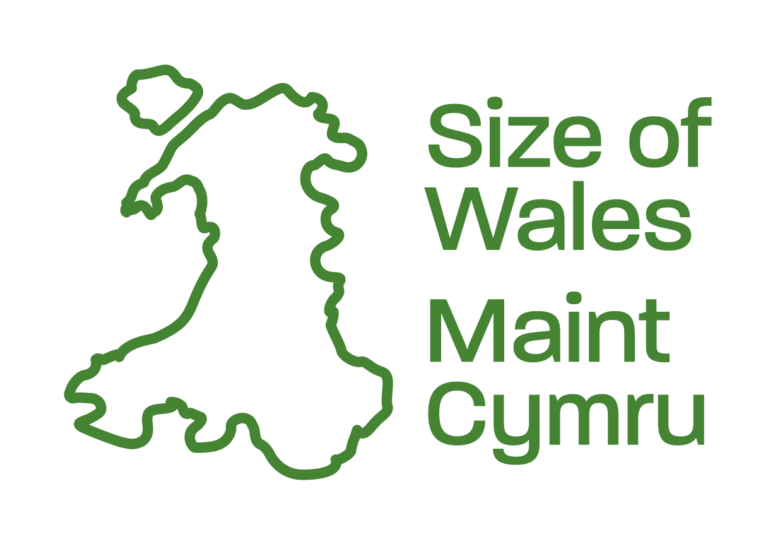In Fuluma Parish, Butta Sub-county of Manafwa District, Alice Wabule...
Read MoreWHAT WE DO
Growing trees in community-based nurseries and distributing them freely to individuals and others, with the aim of increasing the variety, and coverage of trees in the Mt Elgon sub region.
Encouraging people in the Mt Elgon sub region to adopt modern agroforestry techniques in order to improve soil retention and quality, family nutrition and protection from storm damage.
Providing technical and advisory services to locals in the Mt Elgon sub region to promote activities complementary to tree growing such as bee keeping, the construction and installation of fuel-efficient stoves and coffee production.
Encouraging people in the Mt Elgon sub region to adopt modern agroforestry techniques in order to improve soil retention and quality, family nutrition and protection from storm damage.
Providing technical and advisory services to locals in the Mt Elgon sub region to promote activities complementary to tree growing such as bee keeping, the construction and installation of fuel-efficient stoves and coffee production.



